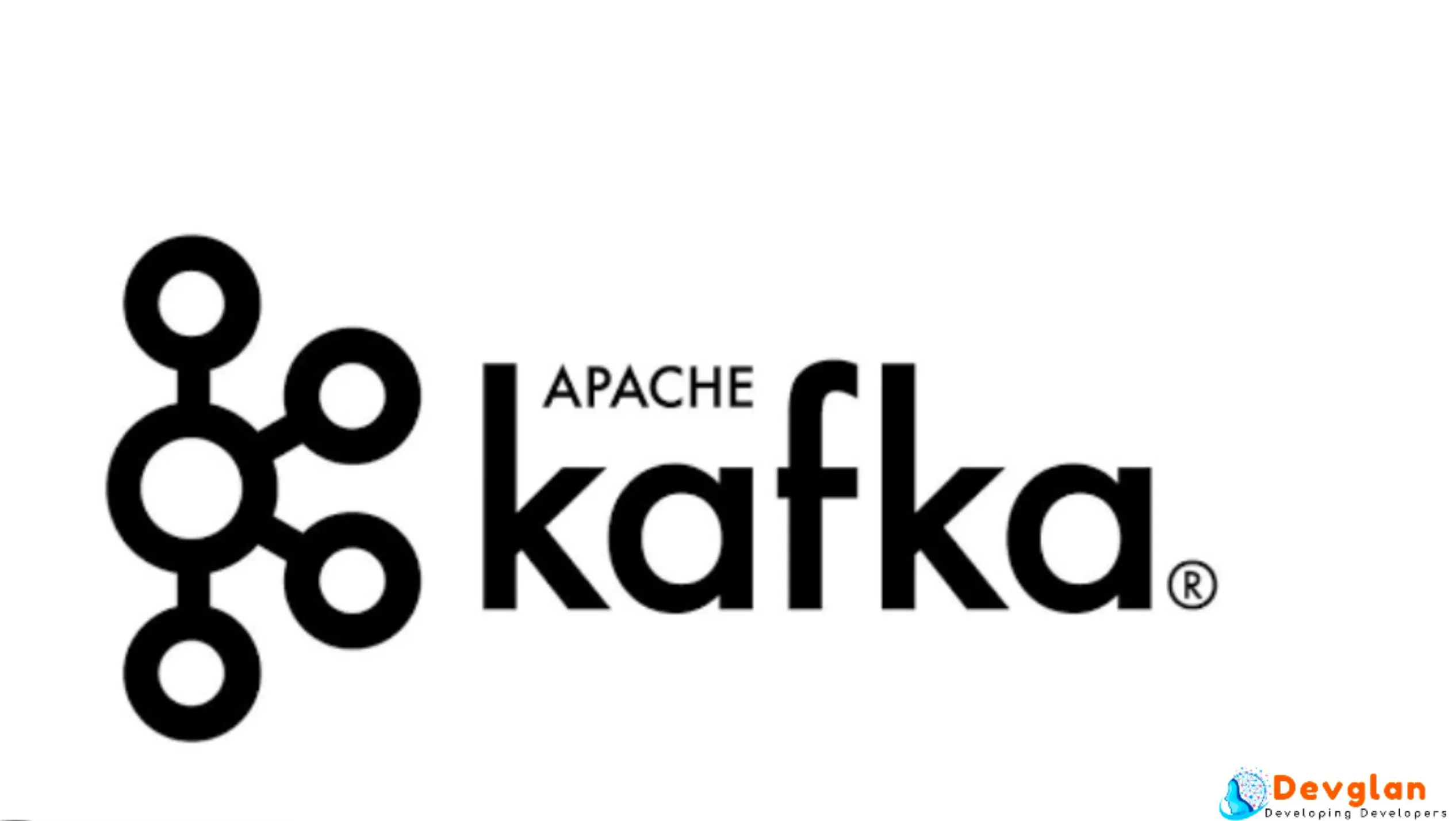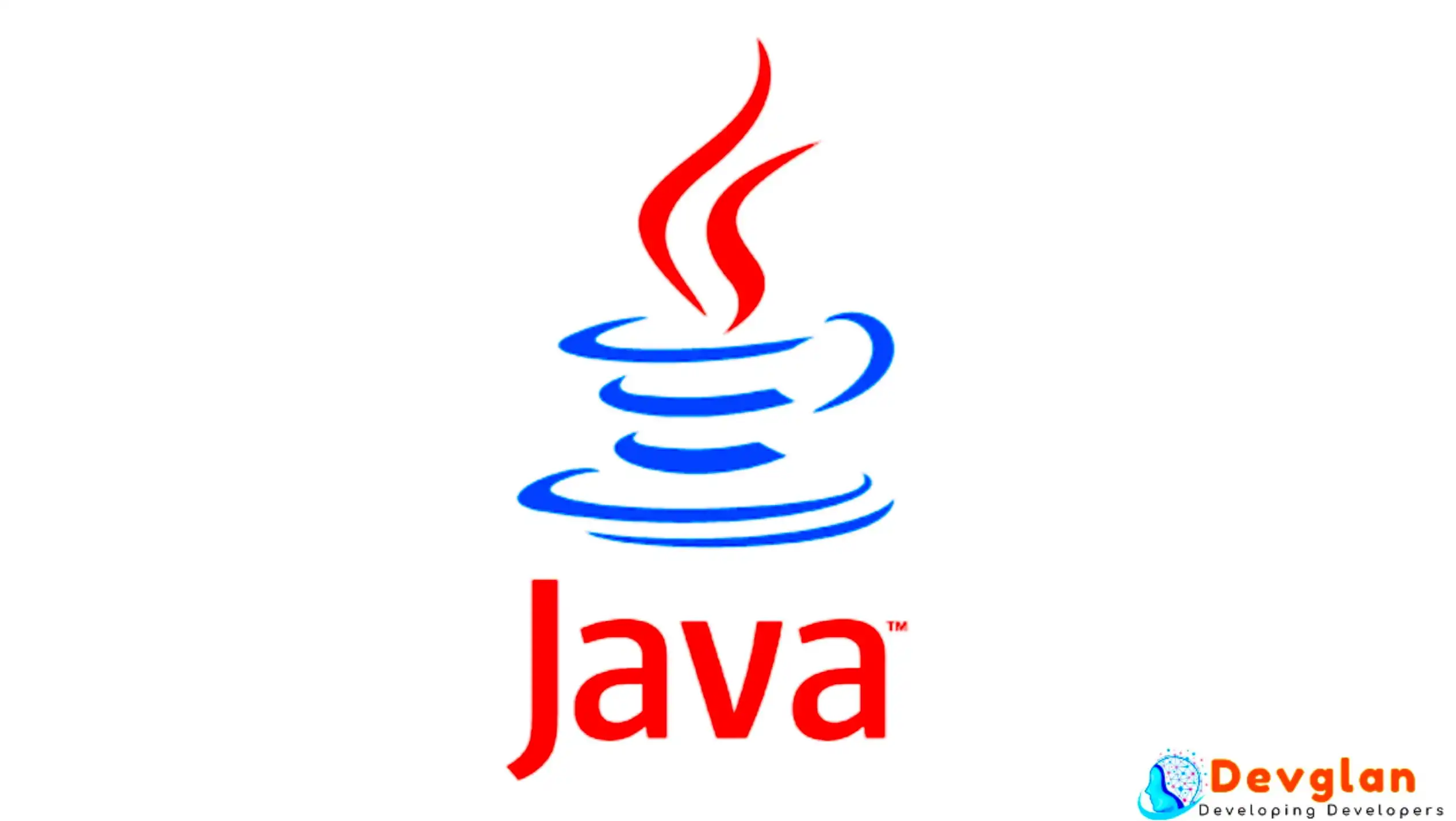In today’s digital world and rapidly evolving landscape, IT compliance and security standards play an important role in protecting data and maintaining regulations. Ignoring these regulations can lead to fines, data breaches, and loss of customers. But if you’re new to this world and want to know what exactly is IT compliance and how it works? This guide will help you understand.
What Is IT Compliance?
Without putting it in nutshell, we can describe IT compliance as following laws, regulations, and industry standards that protect data and ensure security. These rules help businesses safeguard sensitive information, prevent cyber threats, and meet legal requirements. Why it matters, and how to meet key standards like GDPR, HIPAA, and SOC 2.
Why IT Compliance Is Important
In today’s tech sectors, compliances are not only important for regulations but it also crucial in maintaining customer trust and business strategies. Here are some of its benefits:
Protects Sensitive Data
Businesses handle customer and employee data daily. A well structured IT Compliance helps businesses to meet regulations and avoid other security risk. Compliance rules, such as GDPR for data privacy and HIPAA for healthcare information, ensure that this data stays secure. Regulatory compliances are the big issue for almost every business sectors. Customers want to know that the businesses are making enough steps to keep the information secure. Additionally, SOC 2 compliance ensures companies handling cloud-based data maintain regulations and enhance security standards.
Reduces Cybersecurity Risks
With rising cyber threats, IT compliance and security standards help businesses prevent hacking, phishing attacks, and ransomware. These regulations mandate data encryption, restricted access, and breach notification policies to prevent unauthorized access or leaks. By following these standards, businesses can reduce cyber threats, avoid fines, and maintain customer trust. SOC 2 compliance ensures companies have strong security controls in place.
Avoids Legal Penalties
Non-compliance can lead to heavy fines and legal action. For example, violating GDPR can result in penalties of up to 4% of a company’s annual revenue. By understanding the difference between regulation compliances and other legal security issue can help you to protect your businesses from unexpected future consequences.
4. Builds Customer Trust
Customers trust businesses that follow strict security standards. If a data breach occur, your business may lose customers' trust. It can decrease your product sales and your customer will become unwilling to purchase your product in future. Compliance shows that a company values data privacy and protection.
Key IT Compliance Regulations
To make the theory more clear, here are some key IT Compliance regulations that is crucial to understand for new businesses.
GDPR (General Data Protection Regulation)
GDPR applies to businesses that handle personal data of European customers. It requires companies to get clear consent before collecting data. Plus it allow users to access and delete their data. Moreover, they report data breaches within 72 hours.
HIPAA (Health Insurance Portability and Accountability Act)
HIPAA protects patient information in the healthcare industry. It requires Encrypting medical records to continue the process. They help in controlling access to sensitive data. Healthcare organizations must also implement security policies, train employees on data protection, and report any breaches promptly. These measures help maintain patient privacy, prevent data leaks, and ensure compliance with IT security standards in the healthcare sector.
SOC 2 (Service Organization Control 2) is a compliance standard for businesses that store customer data in the cloud. It ensures organizations follow strict security practices to protect sensitive information. They prevent cyber threats by implementing firewalls, encryption, and access controls. Also they protects private data by restricting access to authorized users only.
Conclusion
IT compliance is not just a legal requirement, it is essential for data security, customer trust, and business success. By following regulations like GDPR, HIPAA, and SOC 2, businesses can reduce cybersecurity risks and avoid costly penalties while maintaining customer trust to boost their business.

















